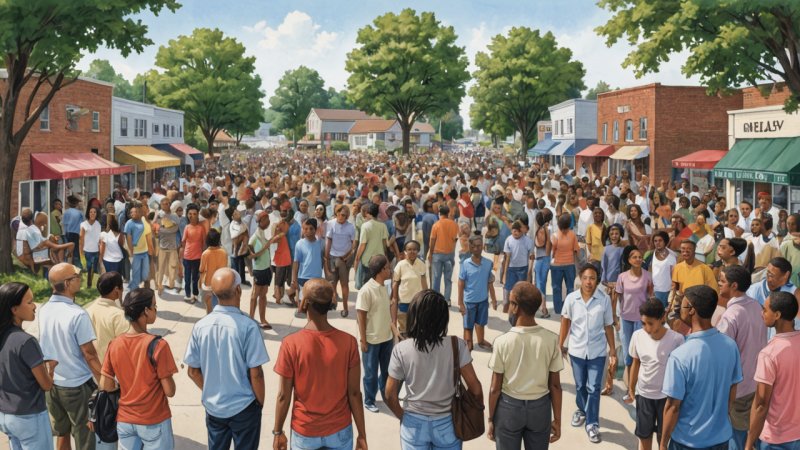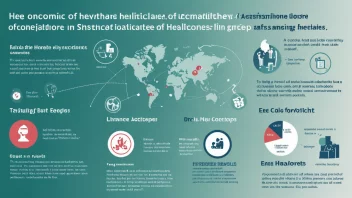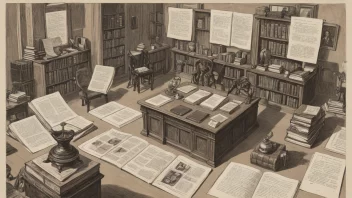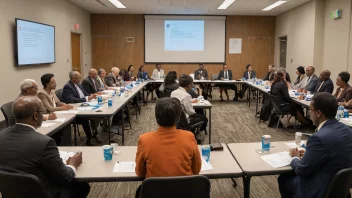Public opinion plays a crucial role in shaping policy decisions across various levels of government. Policymakers often rely on public sentiment to gauge how well their initiatives align with the values, needs, and desires of their constituents. This relationship between public opinion and policy is a dynamic and complex one, influenced by factors such as media representation, social movements, and demographic changes.
At its core, public opinion serves as a feedback mechanism for elected officials. When constituents express their views on specific issues—be it healthcare, education, or climate change—policymakers take note. Research has shown that public opinion can serve as a litmus test for the popularity of proposed policies. For instance, higher support for renewable energy initiatives often leads to increased legislative action in favor of sustainability. Conversely, if public sentiment is largely against a certain policy, it can be quickly discarded or modified.
The influence of public opinion is evident in the way governments conduct polls and surveys to collect data on constituents’ preferences. These findings can directly impact a policymaker’s decisions, especially in democratic systems where reelection hinges on public approval. For example, a politician may advocate for stricter gun control laws if polls indicate that a majority of voters favor such measures. This responsiveness to public sentiment is essential for maintaining political legitimacy and trust.
Media also plays an instrumental role in shaping public opinion. News coverage can amplify certain issues, bringing them to the forefront of public discourse. Social media platforms further complicate this landscape, as they allow for rapid dissemination of information and foster grassroots movements. For instance, the Black Lives Matter movement has demonstrated how public outcry can lead to significant policy changes in law enforcement practices across the United States. When public opinion coalesces around a particular issue, it can create a sense of urgency that cannot be ignored by policymakers.
However, the relationship between public opinion and policy is not without its challenges. Policymakers must navigate a diverse electorate with varying opinions, interests, and priorities. Additionally, misinformation can skew public perception, leading to policies that may not necessarily reflect the best interests of the populace. In such cases, it is vital for policymakers to promote transparency and provide accurate information to help inform public debate.
In conclusion, public opinion is a powerful force that shapes policy decisions, influencing everything from local ordinances to national legislation. Policymakers who pay attention to the sentiments of their constituents are better equipped to make informed decisions that resonate with the public. As society continues to evolve, understanding the nuances of this relationship will be essential for fostering effective governance and responsive policies. Through active engagement and dialogue, both the public and policymakers can work together to address the pressing challenges of our time.
The Power of Public Opinion on Policy Making
Public opinion plays a crucial role in shaping policy decisions across various levels of government, serving as a feedback mechanism for elected officials.






